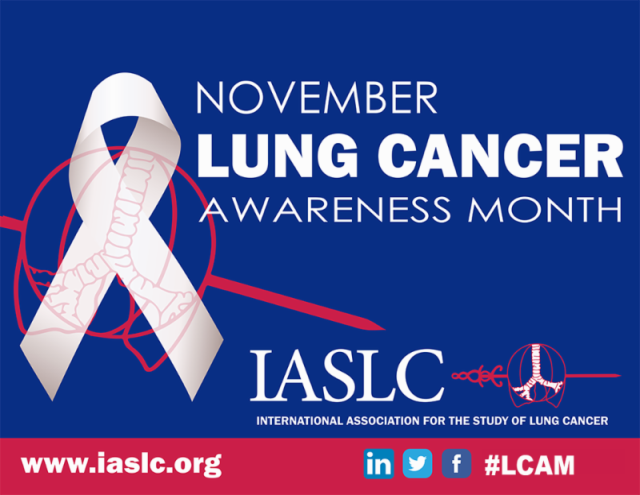




Lung cancer often has no symptoms until it has spread (metastasized). This is because there are few specialized nerves (pain receptors) in the lungs. When lung cancer symptoms do occur, they vary depending on the type of lung cancer and location and size of the tumor. Some lung cancer symptoms are similar to those of other common illnesses.
Lung cancer symptoms may include the following:
Local disease (restricted to the area where the cancer started with no sign it has spread)
- Coughing (most common, 50% of cases)
- Blood in sputum (hemoptysis)
- Shortness of breath (dyspnea)
- Wheezing
- Pain in the chest
- Fatigue
- Pneumonia
Locally advanced disease (cancer has spread from where it started to nearby tissue or lymph nodes)
- Hoarseness
- Difficulty or pain in swallowing (dysphagia)
- High pitched sound, usually heard while taking a breath, similar to wheezing (stridor)
- Excess fluid in the lining of the lung (pleural effusion)
- Excess fluid in the lining of the heart (pericardial effusion)
Distant metastases (cancer has spread to other parts of the body)
Brain
- Headaches
- Seizures
- Nausea
- Vomiting
- Weakness
- Confusion
- Visual disturbances
Bone
- Bone pain
Liver
- Stomach pain (right side)
- Yellowing of the skin and eyes (jaundice)
- Fatigue
- Weight loss
- Nausea
Cancer can also cause symptoms far from the tumor that may not be related to the cancer or spread. Those symptoms include:
- lack of appetite, weight loss, weakness (cancer cachexia or wasting syndrome)
- clubbing of fingers
- too much calcium in the blood (hypercalcemia)
- low red blood cells (anemia)
Risk Factors
- Smoking
- Secondhand smoke
- Radon
- Other substances: asbestos, arsenic, diesel exhaust,and some forms of silica and chromium
- Personal or Family History of Lung Cancer
- Radiation Therapy to the Chest
- Diet
Source cdc | lungcanceralliance.org
